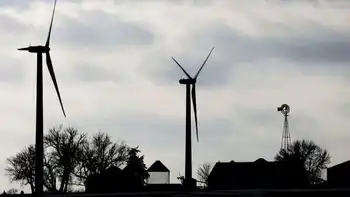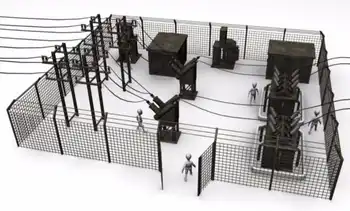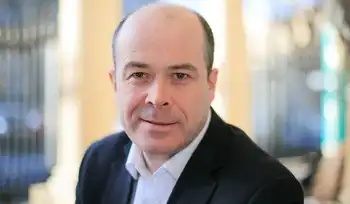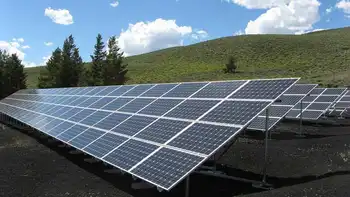OEB ruling “a scam”: opposition parties
ONTARIO - The government is standing idly by as electricity ratepayers get hit in the pocketbook again, opposition parties charged in the wake of the latest Ontario Energy Board ruling.
This time it’s a decision that local electrical utilities — on the losing end of a Supreme Court case for charging interest rates of over 60 per cent on late bill payments — can get the $18 million back from customers across the board.
“It’s a scam,” Progressive Conservative Leader Tim Hudak shot at Energy Minister Brad Duguid in the Legislature’s daily question period, saying the Liberals have turned the energy board into “another McGuinty tax collection agency.”
“Why is it when Ontario families even win in the courts you still make them pay the price of illegal activity?”
The typical residential customer will see an extra 20 to 30 cents a month on their electricity bills for two years.
Duguid said the government has directed its transmission utility Hydro One not to charge the money to customers it serves directly and that he “strongly recommends” local utilities across the province will follow that lead.
“It’s a decision they will have to make,” Duguid told reporters, noting all utilities are governed by local boards subject to public pressure.
The government should be standing up for consumers given dramatic increases in electricity prices over the last few years, said New Democrat Leader Andrea Horwath.
“Any minister who expects everybody to just play nice is, I think, a little bit naïve,” she added.
“It’s not a lot of money but, again, it shows nobody’s paying attention to the fact that folks are tapped out and this is another slap in the face.”
Duguid said the high interest charges on late payments date to the early 1980s when the Progressive Conservatives were in power under then-premier Bill Davis, and a lawsuit challenging the practice was subsequently launched in 1998 with a court decision in 2010.
“Governments of all stripes were in power when this was taking place,” he said. “We’re not passing the buck.”
The Supreme Court first ruled in 2004 that late payment penalties charged by natural gas companies exceeded the 60 per cent limit allowed under Canadian law, and legal attention then switched to electric utilities.
They agreed it would be impossible to find and reimburse customers who had paid the exorbitant charges, so the money collected was paid into a United Way fund to help families pay their winter heating bills. The utilities then sought the energy boardÂ’s permission to recover the money from all customers, including those who paid their bills on time.
That means even customers who were in good standing get a penalty, said Hudak.
“What a bunch of nonsense.”
Meanwhile, the NDP revealed a freedom-of-information request showing the government expected to take in an extra $1.6 billion a year as the 8 per cent provincial portion of the 13 per cent HST was extended to electricity, gasoline and fuel oils.
“They didn’t want anybody to know,” said Horwath, noting the government is probably raking more in with the tax on soaring electricity and gasoline prices in the wake of Middle East revolts pushing the price of crude oil higher almost daily.
But Finance Minister Dwight Duncan denied there is a windfall because money goes back out to consumers in rebates and tax credits.
“Make sure you look at the whole picture.”
The $1.6 billion figure is close to the estimated $1.7 billion the NDP calculated and made political hay with last year.
Related News

Proposed underground power line could bring Iowa wind turbine electricity to Chicago
CHICAGO - The company behind a proposed underground transmission line that would carry electricity generated mostly by wind turbines in Iowa to the Chicago area said Monday that the $2.5 billion project could be operational in 2024 if regulators approve it.
Direct Connect Development Co. said it has lined up three major investors to back the project. It plans to bury the transmission line in land that runs along existing Canadian Pacific railroad tracks, hopefully reducing the disruption to landowners. It's not unusual for pipelines or fiber optic lines to be buried along railroad tracks in the land the railroad…




